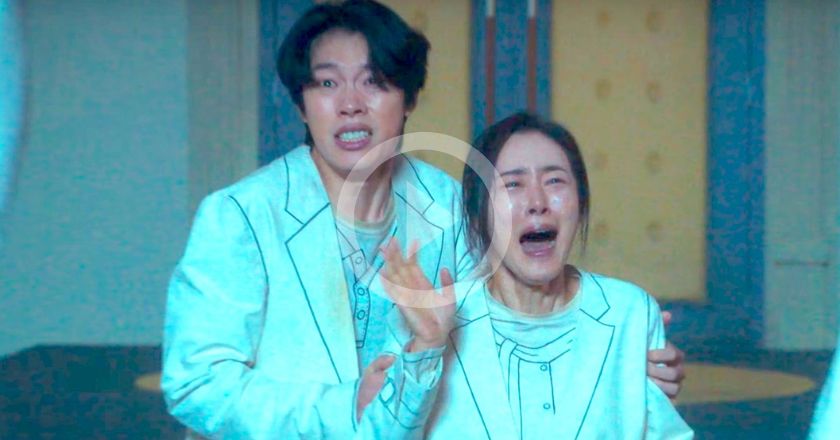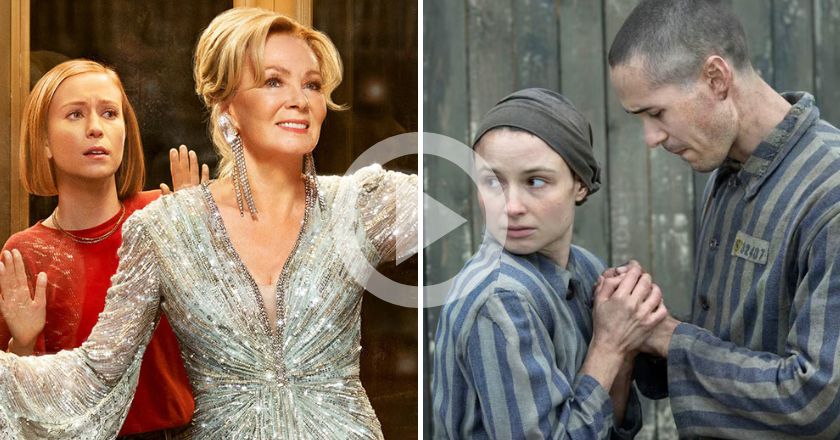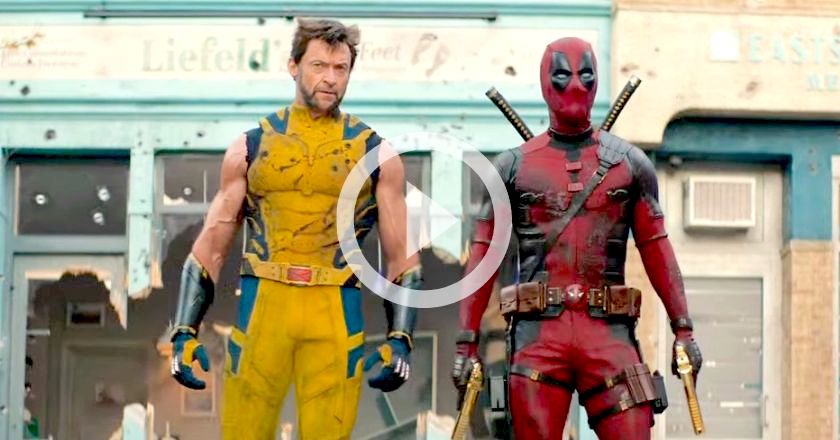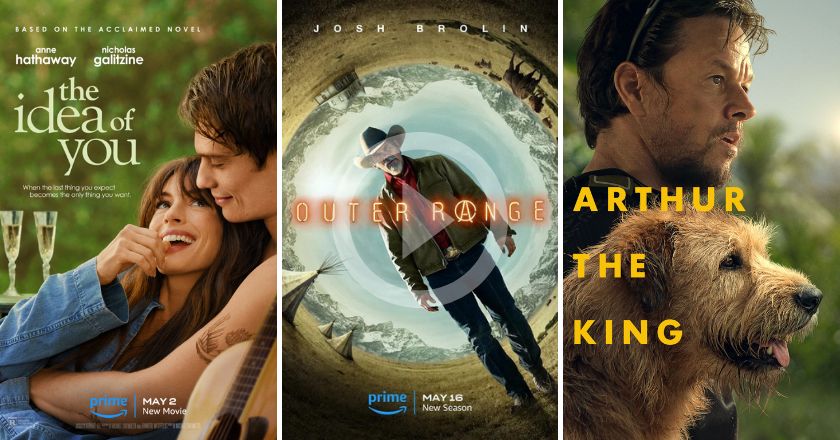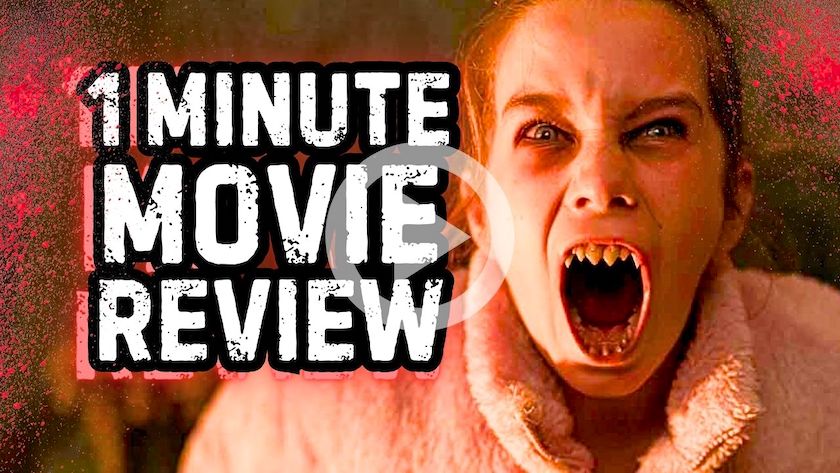
A tour diary turned political, Placebo: Alt Russia is a unique documentary that touches upon relevant world issues. It follows the UK-based alternative rock band, Placebo, as they bring their world tour to Russia in 2014. This documentary provides a unique perspective of the band as they venture across a country that politically doesn’t agree with who they are or what they represent. Not only do they visit the main cities of Moscow and Saint Petersburg, they also tour several smaller locations, giving the film an interesting balance and providing an eye-opening experience to those who only know Russia through Western media.
Placebo: Alt Russia is narrated by the band’s guitarist/bassist Stefan Osdal, who is openly gay. At the beginning of the film, he expresses his anxiety about promoting homosexuality to a Russian audience and how the authorities may react. The band begin to see the effects of Russia’s traditional society on art in the smaller cities, but once they reach Moscow, it’s seen in full force. When Osdal visits the only independent television network in Russia, Rain TV, owner Mikhail Zygar expresses that many regular people hate them because they’re afraid they might be spies. During the time of Placebo’s visit, Russia’s infiltration of Ukraine was occurring. Rain TV was trying to show every side of the conflict, thus making their country distrust them.
The documentary highlights the idea that the more artistic pursuits in Russia are pushed down, the more these artists will rise up and fight back. One of the band’s main goals on tour was to seek out different kinds of artists and gain a new perspective on how art survives in such a rigid society. This translates well to music, and is displayed in Placebo’s concert clips shown throughout. One concert is overrun with red balloons flying through the audience, and another with paper airplanes. This as an expression of appreciation for the art, as lead singer Brian Molko notes, “It’s got a lot to do with the fact that I don’t think very many bands come here at all. They go to Moscow and Saint Petersburg and that’s about it. So, it’s a real display of affection, and one that’s communicated very powerfully.”

The clear juxtaposition of images in the film further expresses the powerful messages being brought across. A shot of beautiful scenery will be shown, and right afterwards, a shot of police marching through the streets. This is seen more prominently in the smaller cities where there is a larger divide between the artistic and the political. A shot of Osdal towards the end depicts him in the Red Square in Moscow with his signature rainbow guitar. Knowing Russia’s strong political views towards homosexuality, the image is considerably striking.
Although the narration is a somewhat flat, the story being told is compelling enough to watch. Entering with an interest in Russian culture and a preconceived idea about how the society operates, it’s a pleasant surprise to see artists in more remote locations who feel free expressing themselves. Such as Nina Bisnarina, who believes she doesn’t feel any restriction with her art. This may be because her work isn’t particularly provocative, and a different view may be held by someone who is producing more controversial art. It’s also inspiring to see those who are in the larger cities still fighting back despite the oppression with larger scale forms of expression.
Placebo: Alt Russia is the kind of film that strikes interest, provokes thought and serves as another reminder to not trust mainstream media entirely. Documentaries can show you something you wouldn’t normally see, which that’s exactly what this film does. It ends on an optimistic note, as the idea of people rising above and prevailing is always an attractive one. Although the political climate in Russia is still restrictive, it’s great to see that it doesn’t discourage some artists (even ones from outside the country) from doing what they do best.
THE REEL SCORE: 8/10
Screening at the 2017 Melbourne Documentary Film Festival. Details, sessions and tickets HERE.
https://www.youtube.com/watch?v=qBB0C42Q4MA

